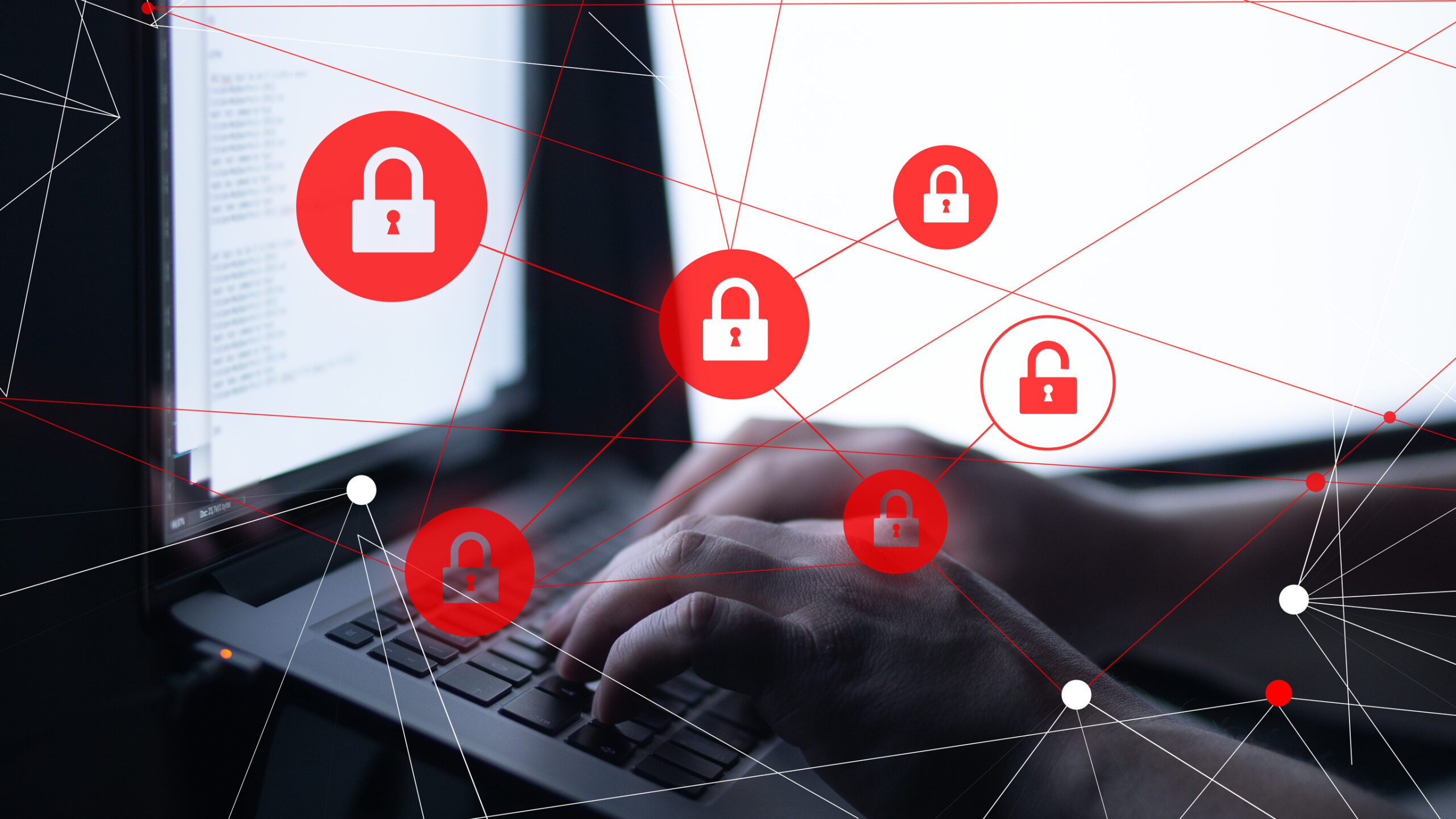Cybersecurity is a vital component of every company’s operations in the digital age. Businesses need to take preventative actions to safeguard their valuable assets and sensitive data due to the rising frequency of cyberattacks and data breaches. Thankfully, a wide range of cybersecurity products is available to assist protect businesses’ networks, data, and devices from various online dangers. This essay will go over ten crucial cybersecurity technologies that every company needs.
Firewall
A firewall is a key security technology that guards a network by keeping track of and regulating incoming and outgoing traffic. Between an internal network and the internet, it serves as a barrier, preventing unwanted access to the network. Firewalls come in a variety of forms, including hardware- and software-based network, application, and web application firewalls. To protect against online dangers including malware, viruses, and illegal access, a firewall is necessary.
Web application firewall
Malicious traffic to web applications is blocked by a WAF. Common web-based attacks like SQL injection and cross-site scripting (XSS) are guarded against by this. It can be set up locally or on the cloud. Given the prevalence of online-based assaults, a WAF is a crucial tool for companies with web applications. An extra layer of defense against such attacks is offered by a WAF, which also safeguards web applications’ integrity and stops data breaches.
Antivirus software
A tool called antivirus software scans a computer or network for viruses, malware, and other harmful applications and eliminates them. It operates by checking files and programs for recognized patterns and harmful software behaviour. Businesses need antivirus software because it protects them from a wide range of online threats, such as phishing scams, malware, and ransomware. Businesses run the danger of data breaches, loss of sensitive information, and financial losses without antivirus protection.
VPN
A VPN offers a safe and secure connection for devices and networks. It is especially helpful for remote employees who need to use business resources away from the workplace. VPNs are designed to shield data transmission from interception, spying, and censorship and exist in a variety of kinds and protocols. Businesses handling sensitive data need a VPN because it ensures secure data transmission and guards against illegal access.
Password manager
Users can create and save complicated passwords for many accounts using a password manager. It makes sure passwords are safe and difficult for attackers to guess. Users may also use it to automatically fill out login forms. Businesses must use a password manager because using weak passwords poses a serious security risk. A password manager reduces the risk of data breaches caused by password-related difficulties by making it simple for staff to adopt secure passwords for every account.
Two-factor authentication
Users must supply two distinct authentication factors in order to access an account using 2FA. In order to guard against unwanted access, it adds an additional layer of protection. It may employ a number of variables, including biometrics, SMS, and hardware tokens. Businesses handling sensitive data must use 2FA because it adds an extra degree of security against online dangers like phishing attacks and identity theft. 2FA makes it far more difficult for fraudsters to access an account by demanding a second factor in addition to a password.
Email encryption
An email’s content is encrypted as a security measure so that only the intended receiver may decipher it. It stops cybercriminals from intercepting private information. For companies that handle sensitive information via email, such as financial institutions or healthcare providers, email encryption is necessary. Email encryption can be done using a variety of encryption standards and technologies.
Data backup recovery
Tools for data backup and recovery make and store copies of crucial data. In the event of data loss caused by cyberattacks, natural disasters, or human mistakes, they are essential for enterprises. They can be carried out locally or online. To ensure company continuity, prevent data loss, and reduce downtime, enterprises need a data backup and recovery plan. Businesses may recover from data loss fast and prevent expensive disruptions with the help of a dependable data backup and recovery tool.
Security information and event management
Security Information and Event Management (SIEM) is a security solution that gathers and examines data about security from a variety of sources in order to recognize and address security threats. It has the ability to identify anomalies, connect events, and send security personnel immediate alerts. For enterprises that must properly monitor and respond to security threats, SIEM is a crucial tool. The danger of data breaches and cyberattacks is decreased because it gives security teams a centralized view of security events, enabling them to quickly identify and address risks.
Mobile device management
Mobile device management (MDM) is a security tool that enables organizations to control and safeguard employee-owned mobile devices. It offers a consolidated platform for controlling data, software, and device settings. Businesses that let employees utilize mobile devices for work-related tasks must implement MDM. It guarantees that data is encrypted, that devices are safe, and that rules are followed. In the event of loss or theft, MDM may also remotely delete devices, preventing critical data from getting into the wrong hands.
Because of the prevalence of cyber threats, organizations need the proper cybersecurity technologies to safeguard themselves. A combination of the techniques mentioned above can offer a thorough defense against a variety of cyber threats. Businesses can protect their data, thwart cyberattacks, and ensure business continuity by investing in five crucial cybersecurity solutions.
